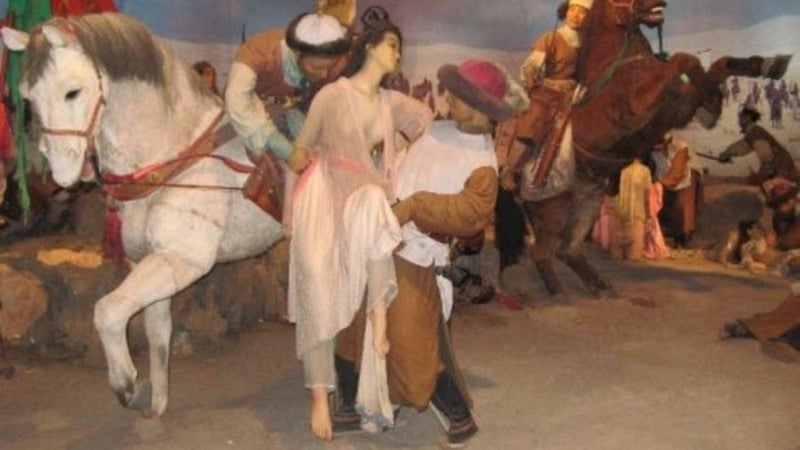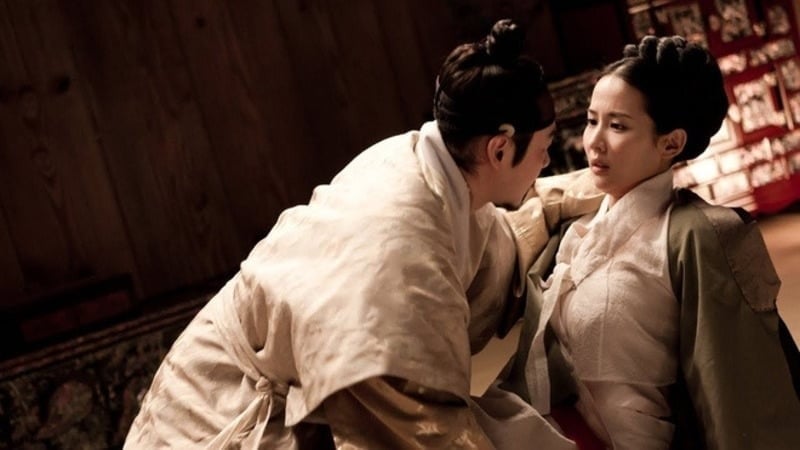4 Ancient Ways to Address Soldiers’ Sexual Needs
Unlike women, men’s sexual desires, if left unfulfilled for extended periods, can lead to stress and impaired combat performance. To address this, ancient military leaders devised various methods, one of the most humane being allowing the wives of officers and soldiers to visit and care for their husbands.
However, in ancient armies, there was also a cruel but common practice of satisfying sexual desires by taking women as spoils of war. While this may have reduced stress and boosted morale, it was incredibly inhumane and left innocent women traumatized.
First, for young and middle-aged soldiers, sexual needs and desires are inevitable. If unmet, this could severely impact their combat effectiveness. To tackle this, four solutions were historically proposed.

Ordinary soldiers, during peacetime or prolonged encampment, were often granted leave and allowed to move freely.
High-ranking officers and generals typically enjoyed more privileges and could bring their families with them on campaigns. This helped address personal needs and reduced stress, although it also presented certain inconveniences.
Ordinary soldiers, during peacetime or prolonged encampment, were often granted leave and allowed to move freely. They could visit their hometowns or nearby towns to relax and unwind during these periods.
Secondly, in ancient times, entertainment establishments were set up to cater to the needs of the military. Soldiers could visit these places as per regulations. The women working there were not only widows but also included women convicted of crimes and serving their punishment. It was an unfortunate fate for these women, doing work deemed shameful by society.
Thirdly, after capturing a city, soldiers were usually allowed to plunder the enemy’s possessions, including people and property. This not only provided extra income but also served to intimidate the enemy. In the chaos, some soldiers might seize the opportunity to capture women and satisfy their desires. However, abducting women was an inhumane act often condemned by public opinion.

Some soldiers might seize the opportunity to capture women and satisfy their desires in the chaos of plunder.
Lastly, the most humane solution was to encourage soldiers to write letters.
Married soldiers would write to their wives, expressing their love and concern. Those who were single would write to their families, conveying their longing for their parents’ well-being and their determination to return victorious. Writing letters was not only humane and cost-effective but also did not involve exploiting others. It boosted morale and had no negative impact on others, so it was highly encouraged.

































